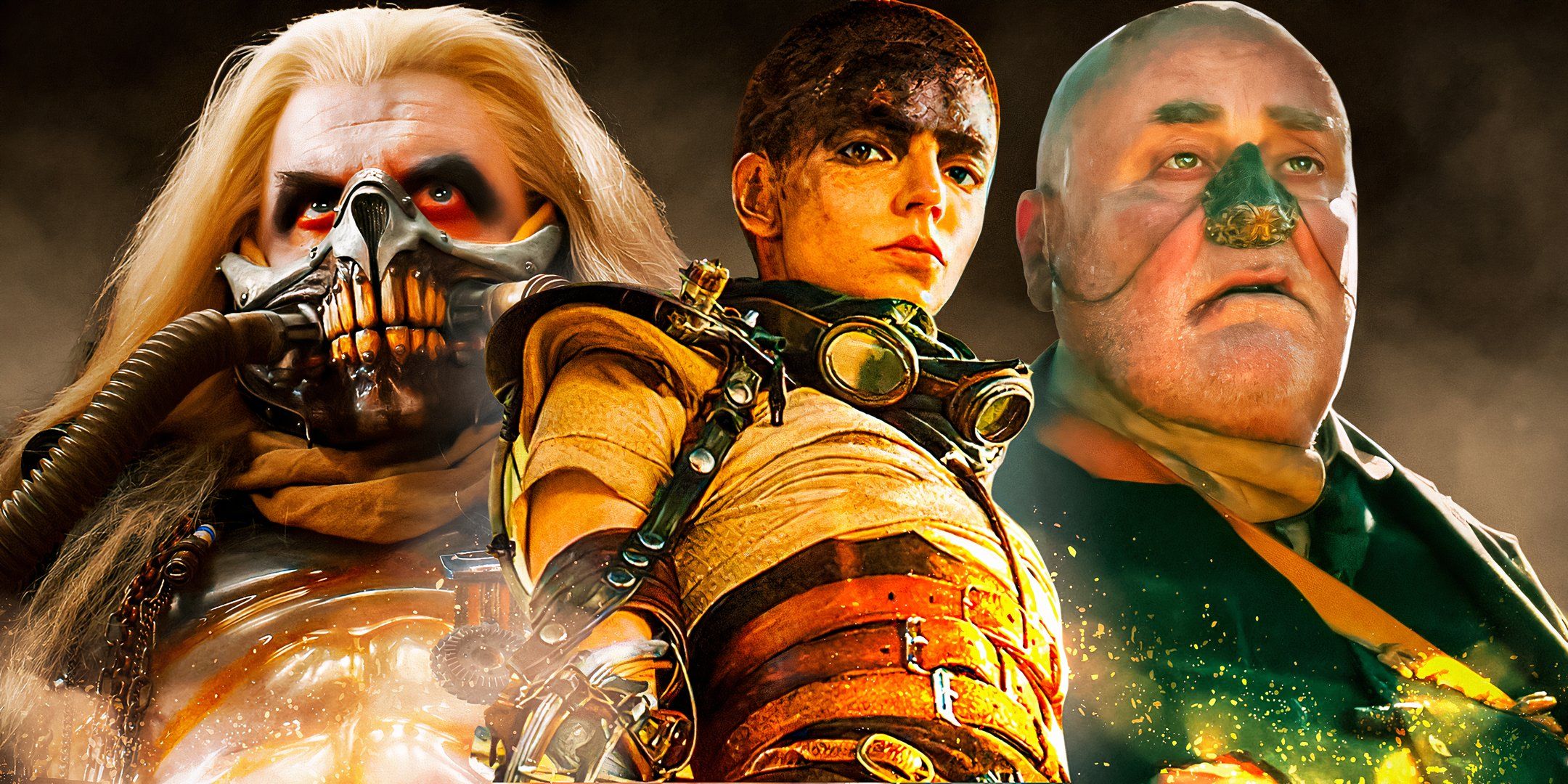The People Eater: A Dark And Fascinating Dive
Hey there, fellow curious souls! Brace yourself because today we're diving deep into the chilling world of "the people eater." Yeah, you heard me right. This ain't your average feel-good topic, but trust me, it's a story that'll keep you hooked. Whether you're into true crime, dark history, or just want to know more about the darker side of human nature, this one's for you. So, grab your favorite snack, sit back, and let's unravel the mystery behind the people eater together.
Now, before we get too far, let's clear the air. The term "people eater" doesn't exactly refer to your friendly neighborhood burger joint or some trendy new food trend. Nope, this is a lot heavier. It's a term often associated with cannibalism, a practice that has fascinated and horrified humanity for centuries. But what exactly does it mean, and why does it keep popping up in history and pop culture? Stick around, and we'll break it all down for ya.
And hey, don't worry—this isn't just a scarefest. We're going to explore the psychology, history, and even some of the cultural impacts of the people eater phenomenon. By the end of this article, you'll have a much clearer understanding of why this topic continues to captivate our collective imagination. So, let's get started, shall we?
- Exploring The World Of European Foods Import Export A Lucrative Global Market
- Wilson Fields Fight The Ultimate Showdown You Need To Know About
Table of Contents
A Brief History of the People Eater
The Psychology Behind Cannibalism
Famous Cases of the People Eater
- Kansas Ebt Your Ultimate Guide To Understanding And Maximizing Benefits
- Meet The Talented Bluey And Bingo Voice Actors The Heart Of An Animated Masterpiece
Cultural Impact of the People Eater
The People Eater in Modern Day
Biography of Infamous People Eaters
Ethical Questions Surrounding the People Eater
Conclusion: What Can We Learn?
A Brief History of the People Eater
Alright, let's kick things off with a little history lesson. The concept of the people eater has been around for a very long time. Believe it or not, archaeological evidence suggests that our ancient ancestors might have indulged in cannibalism for various reasons. Some did it out of necessity during times of famine, while others practiced it as part of their religious or cultural rituals. It's a pretty wild thought, isn't it?
Fast forward to more recent history, and you'll find plenty of documented cases of the people eater. One of the most infamous examples is the Donner Party, a group of American pioneers who got stranded in the Sierra Nevada mountains during the winter of 1846-1847. Facing starvation, some members of the group reportedly resorted to eating the bodies of those who had died. Yikes.
But the history of the people eater isn't just limited to times of desperation. Throughout history, there have been instances where cannibalism was used as a tool of power or control. Think about it—what better way to strike fear into your enemies than by consuming them? It's a disturbing thought, but one that has roots in various cultures around the world.
Why Study the History of the People Eater?
Understanding the history of the people eater gives us insight into the complexities of human behavior. It shows us how far people are willing to go when faced with extreme circumstances and how cultural beliefs can shape our actions. By studying these historical cases, we can better understand the psychology behind cannibalism and its impact on society.
The Psychology Behind Cannibalism
Now, let's talk about the elephant in the room—the psychology of the people eater. Why would someone choose to eat another human being? Is it purely out of survival, or are there deeper psychological factors at play? The truth is, it's a combination of both.
On one hand, there are cases where cannibalism occurs due to extreme hunger or lack of resources. In these situations, the act is driven by basic survival instincts. But on the other hand, there are instances where cannibalism is rooted in psychological disorders or mental illness. Some people eat others as a form of control or dominance, while others do it for the thrill of it.
Researchers have also found that certain cultural and societal factors can contribute to the development of cannibalistic tendencies. For example, in some cultures, consuming the flesh of an enemy is seen as a way to absorb their strength or power. It's a twisted form of respect, if you will.
Can We Prevent the People Eater Mentality?
While we may never fully understand the psychology behind the people eater, there are steps we can take to prevent it from happening. Education, mental health support, and addressing societal issues like poverty and inequality are all crucial in reducing the likelihood of cannibalism occurring. It's a complex issue, but one that deserves our attention.
Famous Cases of the People Eater
Let's talk about some of the most infamous cases of the people eater throughout history. These stories are not for the faint of heart, but they provide valuable insights into the darker side of human nature. One of the most well-known cases is that of Andrei Chikatilo, a Soviet serial killer who was also known as the "Butcher of Rostov." Chikatilo was responsible for the murder and partial consumption of over 50 people between 1978 and 1990.
Another chilling case is that of Jeffrey Dahmer, the American serial killer and sex offender who was nicknamed the "Milwaukee Cannibal." Dahmer's crimes were particularly disturbing because he didn't just kill his victims—he also consumed parts of their bodies. His case brought widespread attention to the phenomenon of the people eater and sparked a national conversation about mental health and criminal justice.
Then there's the story of Armin Meiwes, a German man who became infamous for eating a voluntary victim he met online. Meiwes' case raises some interesting ethical questions about consent and the boundaries of human behavior. It's a case that continues to be debated by legal experts and ethicists around the world.
What Can We Learn from These Cases?
Each of these cases offers a unique perspective on the phenomenon of the people eater. They highlight the importance of mental health awareness, the need for better criminal justice reform, and the complexities of human behavior. While these stories may be difficult to hear, they remind us of the importance of understanding and addressing the root causes of such extreme behavior.
Cultural Impact of the People Eater
It's no secret that the people eater has had a significant impact on popular culture. From movies like "The Silence of the Lambs" to TV shows like "Hannibal," the theme of cannibalism continues to captivate audiences worldwide. But why are we so fascinated by the darker side of human nature?
One reason is that it challenges our understanding of morality and ethics. Watching characters like Hannibal Lecter on screen allows us to explore these complex issues from a safe distance. It's a way for us to confront our fears and anxieties about the unknown without actually having to experience them ourselves.
Another reason is the sheer shock value. There's something about the idea of the people eater that makes us uncomfortable, and that discomfort is what keeps us coming back for more. It's a bit like watching a car accident—you can't look away, even though you know it's not something you want to see.
How Does the People Eater Shape Our Perception of Humanity?
The cultural impact of the people eater goes beyond entertainment. It shapes how we view ourselves and others. It forces us to confront the darker aspects of human nature and question what it means to be truly human. While it may not always be a pleasant experience, it's an important one that helps us grow and evolve as a society.
Legal Aspects of Cannibalism
When it comes to the people eater, the legal implications are pretty straightforward—cannibalism is illegal in most countries. But what happens when someone consents to being eaten? Is it still considered a crime, or does consent make it okay? These are just a few of the questions that legal experts are grappling with as they try to navigate the murky waters of cannibalism laws.
In some cases, the act of cannibalism can be classified as murder, while in others, it may be considered a form of assault or even necrophilia. The legal landscape surrounding the people eater is complex and often depends on the specific circumstances of each case.
But what about the people who consume human flesh without killing anyone? Is that still illegal? In most cases, yes. The sale and consumption of human flesh are prohibited in many countries, and those who engage in such activities can face severe legal consequences.
What Does the Future Hold for Cannibalism Laws?
As society continues to evolve, so too will the laws surrounding the people eater. It's possible that we may see changes in how cannibalism is classified and prosecuted in the future. But for now, it remains a taboo subject that is largely viewed as a criminal act.
The People Eater in Modern Day
Believe it or not, the phenomenon of the people eater is still very much alive in modern times. While cases of cannibalism are rare, they do occur, and they continue to shock and fascinate the public. In recent years, there have been several high-profile cases of people eating others, both in real life and in the media.
One example is the case of Issei Sagawa, a Japanese man who gained notoriety for killing and eating a Dutch woman in 1981. Despite being convicted of murder, Sagawa was released from prison after just nine years and became a minor celebrity in Japan. His story is a reminder of how the media can sometimes glorify the people eater, rather than condemn it.
Then there's the rise of cannibalism in popular culture, with shows like "Hannibal" and movies like "Raw" pushing the boundaries of what's considered acceptable on screen. While these depictions may not reflect reality, they do highlight the continued fascination with the people eater in modern society.
What Does the Future Hold for the People Eater?
As we move forward, it's likely that the people eater will continue to be a topic of interest for both the public and the media. Whether it's through real-life cases or fictional portrayals, the phenomenon of cannibalism will undoubtedly remain a source of fascination and debate for years to come.
Biography of Infamous People Eaters
Let's take a closer look at some of the most infamous people eaters in history. Below is a brief biography of each individual, including some key details about their lives and crimes.
Biographical Table
| Name | Date of Birth | Place of Birth | Crimes | Notable Facts |
|---|---|---|---|---|
| Andrei Chikatilo | October 16, 1936 | Yablochnoye, Soviet Union | Murder and partial consumption of over 50 people | Nicknamed the "Butcher of Rostov" |
| Jeffrey Dahmer | May 21, 1960 | Milwaukee, Wisconsin | Murder and consumption of 17 men and boys | Nicknamed the "Milwaukee Cannibal" |
| Armin Meiwes | December 1, 1961 | Rhineland-Palatinate, Germany | Consumption of a voluntary victim | Case raised ethical questions about consent |
Statistics and Research
While statistics on cannibalism are hard to come by, there have been some interesting studies and research conducted on the topic. For example, a study published in the journal "Nature" found that the human brain contains more calories than other parts of the body, which may explain why it was often consumed in ancient times.
Another study looked at the cultural and psychological factors that contribute to cannibalistic behavior. The researchers found that people who engage in cannibalism often have a history of trauma or mental illness, and that cultural beliefs can play a significant role in shaping their actions.
While these studies provide valuable insights into the phenomenon of the people eater, there is still much we don't know. Continued
- Exploring The Best Food In Natomas A Foodies Paradise
- Dec 28 Personality Discover The Hidden Traits And Characteristics That Define This Unique Zodiac

In Mad Max Fury Road (2015), the People Eater is a businessman who is

All 10 Returning Mad Max Fury Road Characters In Furiosa

ArtStation The People Eater's Limousine Mad Max